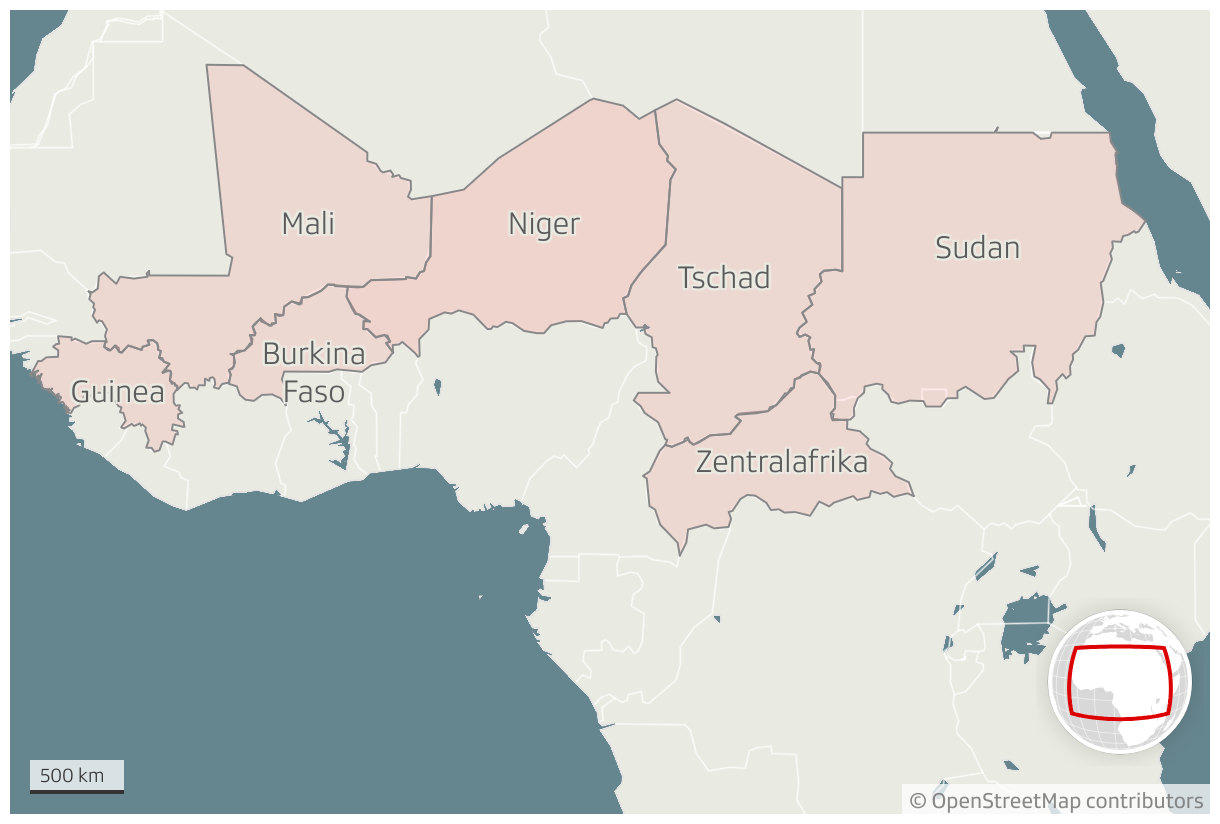Contents
The insecure situation in the Sahel is devastating for children. Burkina Faso is particularly affected by the phenomenon.
What is it about? In Central and West Africa, more and more schools remain closed due to terror and insecurity. According to the UN and private aid organizations, around 13,200 schools in the countries of the Sahel region are now affected. Accordingly, the number of closed schools in the region has doubled in the past four years due to uncertainty. This puts the education of 2.5 million children at acute risk, according to Unicef and the Norwegian Refugee Council.
Why are schools closing? One reason is the rampant violence by armed groups. This year alone, 147 attacks on schools in Central and West Africa have been reported. Sometimes schools are confiscated and occupied by terrorist groups, because in many places a school building is the only larger, fortified building, says SRF Africa correspondent Samuel Burri: “A school is a symbol of the state that terrorists see as hated – that’s why it is attacked.”
Which countries are affected? The situation is particularly acute in the center of the Sahel zone. The number of closed schools there has increased almost sixfold since 2019, to now 9,000 schools. The phenomenon is widespread in Burkina Faso. More than 6,100 schools there were closed in July – around a quarter of all schools in the country. The government in Burkina Faso no longer has control over large parts of the national territory, says Burri. “Armed groups such as Islamists, crooks or criminals can do whatever they want there.”
Are there other reasons for school closures? Schools are being abandoned not only because of the unsafe situation, but also partly because of forced relocations. Some children would not have access to schools for many months or even years, the UN notes. This puts the future of entire generations of children at risk. In addition, many children are forced to work, join armed groups or get married – instead of going to school. This is destroying their future.
Africa has made great progress in education in the last few decades – it would be all the more important if the closed schools could reopen soon.
Are there any positive developments? In the Central African Republic, numerous previously closed schools have recently been able to reopen. “Apparently there are fewer rebel groups there that threaten security,” notes Burri. In principle, it is a good sign for the security situation if schools can operate. “Africa has made great progress in education in the last few decades – it would be all the more important if the closed schools could reopen soon,” said the correspondent.

